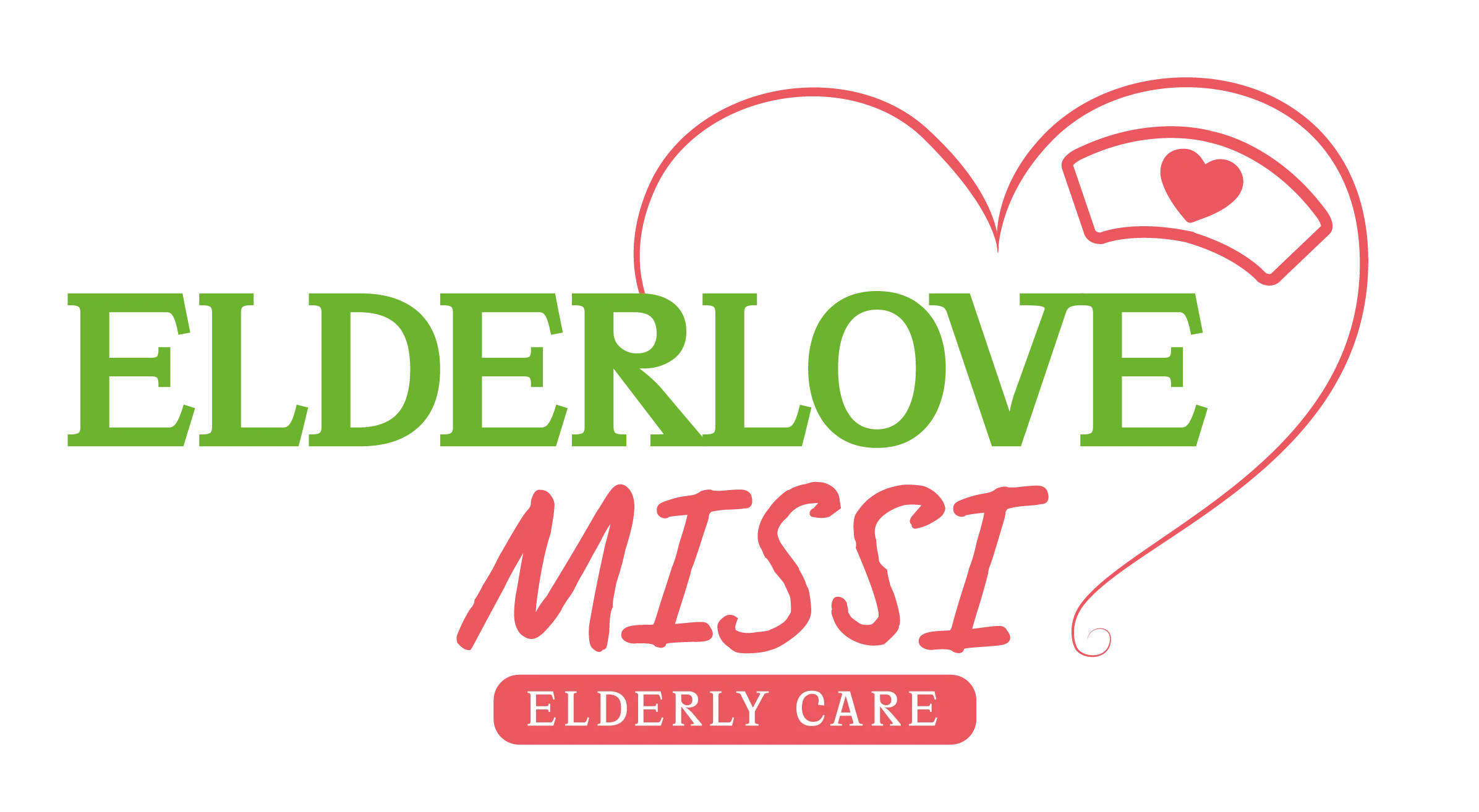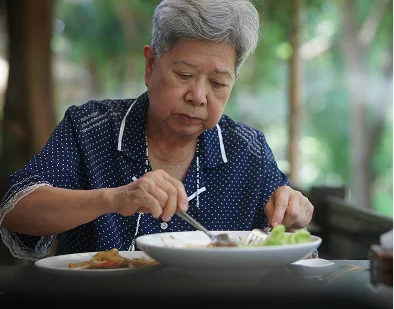Why Healthy Eating Matters
As we grow older, what we eat becomes more important. A healthy diet helps protect our body from sickness, gives us energy, and keeps our heart, kidneys, and other organs working well.
A healthy diet includes the right balance of macronutrients (carbohydrates, proteins, fats) and micronutrients (vitamins and minerals). It helps protect against malnutrition and chronic diseases like diabetes, heart disease, and stroke.
What Should Be in a Healthy Diet?
A good diet should have:
- Lots of fruits and vegetables (400g)
- Whole grains like brown rice, oats, and whole meal bread
- Protein from fish, eggs, beans, and nuts
- Healthy oils like olive or sunflower oil
- Less sugar and salty foods
- Plenty of water every day
Carbohydrates: Good Energy Source
Carbs like rice, bread, and oats give your body energy. Choose whole grains more often because they help prevent heart problems and keep your body strong.
Protein: Important for Strength
Protein helps keep your muscles strong, especially as we age. Good sources are eggs, fish, beans, tofu, and nuts. Try not to eat too much red or processed meat, as it can raise health risks.
Fats: Some Are Good, Some Are Bad
Our body needs some fats, but not all fats are healthy. Good fats come from fish, nuts, and healthy oils. Bad fats are found in fried foods, cakes, and snacks. Try to steam or boil food instead of frying.
Fiber: Keeps Things Moving
Eating fiber helps with digestion and prevents constipation. Foods high in fiber include fruits, vegetables, oats, beans, and wholemeal bread.
Fruits & Veggies: Colour Your Plate
Eating a mix of colourful fruits and vegetables not only looks nice but gives your body vitamins and minerals to fight illness. Snack on fruit instead of sugary snacks.
Salt: Use Less
Too much salt can raise your blood pressure and harm your heart. Use less salt in cooking and avoid salty sauces like soy sauce. Choose low-salt snacks when possible.
Sugar: Keep It Low
Too much sugar is bad for your teeth and can cause weight gain. Avoid sugary drinks and snacks. Choose water, fresh fruits, or plain tea instead.
Water: Drink Up!
Colour: Make Meals Colourful
Water keeps your body working well. It helps carry nutrients and keeps your organs healthy. Make sure to drink enough water every day.
Bright and colourful vegetables like carrots, peppers, and tomatoes are not only healthy but also make your meals more fun and delicious.
Bring back tips
At Elderlove Nursing Home, we believe that a healthy diet is the foundation of healthy aging. A nutritious diet supports physical health, prevents chronic diseases, and improves quality of life for our residents.
A healthy diet includes the right balance of macronutrients (carbohydrates, proteins, fats) and micronutrients (vitamins and minerals). It helps protect against malnutrition and chronic diseases like diabetes, heart disease, and stroke.

